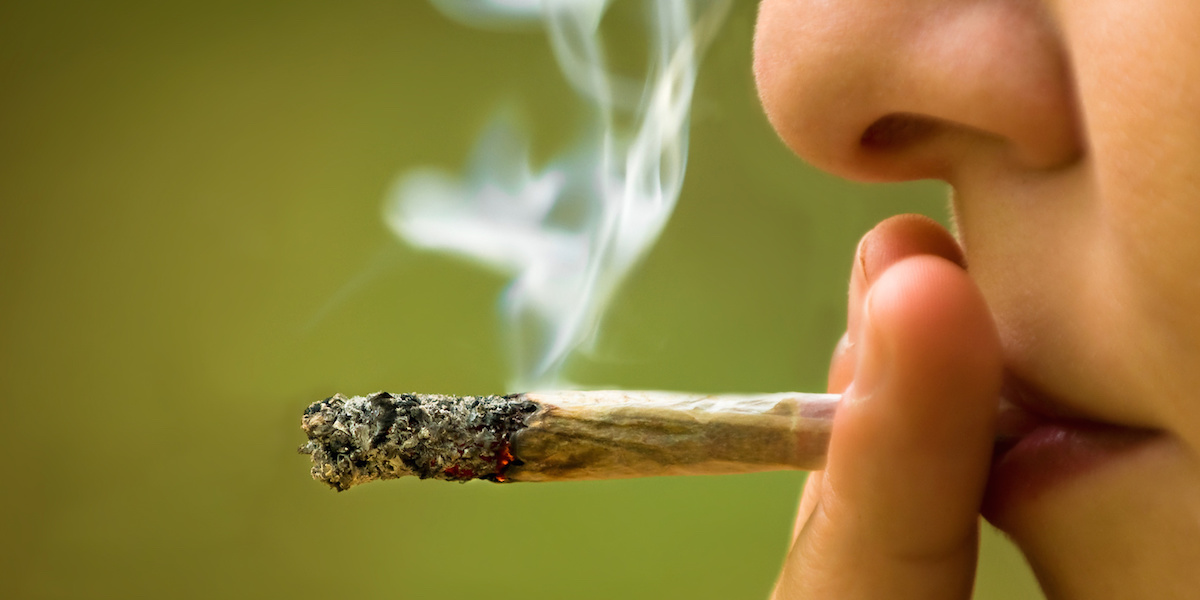
The following is excerpted from an online article posted by MedicalXpress.
Alcohol misuse in adolescence affects physical health and life satisfaction over multiple decades, outcomes that are driven by ongoing alcohol problems, a new study has found. The link between teen drinking and poor health into the 30s held even after accounting for the effects of nature (genes) and nurture (early family environments). Problematic drinking in adolescence is known to be linked to ongoing health and life struggles. Better understanding this process could inform early targeted interventions that may prevent or ameliorate long-term negative consequences.
The new study, in Alcoholism: Clinical and Experimental Research, sought to clarify the pathways—direct or indirect—by which teen drinking has such far-reaching effects. Investigators explored participants’ alcohol misuse in adolescence and early adulthood and physical health and life satisfaction in their mid-30s.
Researchers worked with 2,733 twin pairs born in Finland in the late 1970s. Half the participants were female, and a third of the sample were identical twins. The participants filled out questionnaires at ages 16, 17, and 18.5, in young adulthood (around age 24), and in early midlife (around age 34). The surveys assessed their frequency of drinking, intoxication, and alcohol problems, as well as their sex, BMI, and cigarette use. The adult surveys covered alcohol problems (e.g., dependence, withdrawal, blackouts, and neglected responsibilities).
Higher adolescent alcohol misuse was associated with higher young adult alcohol problems. In turn, problematic drinking in the 20s was associated with alcohol struggles in early midlife (the 30s). These drinking behaviors were linked to poorer physical health and lower life satisfaction. The findings indicate an indirect influence of teen drinking on midlife health and life outcomes.
Source: MedicalXpress
https://medicalxpress.com/news/2022-09-teen-alcohol-misuse-driver-poorer.html

 Teen Loneliness Triggers ‘Reward Seeking’ Behavior
Teen Loneliness Triggers ‘Reward Seeking’ Behavior  The Hidden Mental Health Danger in Today’s High-THC Cannabis
The Hidden Mental Health Danger in Today’s High-THC Cannabis  Teen Suicide, Binge Drinking Decline, New National Data Show
Teen Suicide, Binge Drinking Decline, New National Data Show